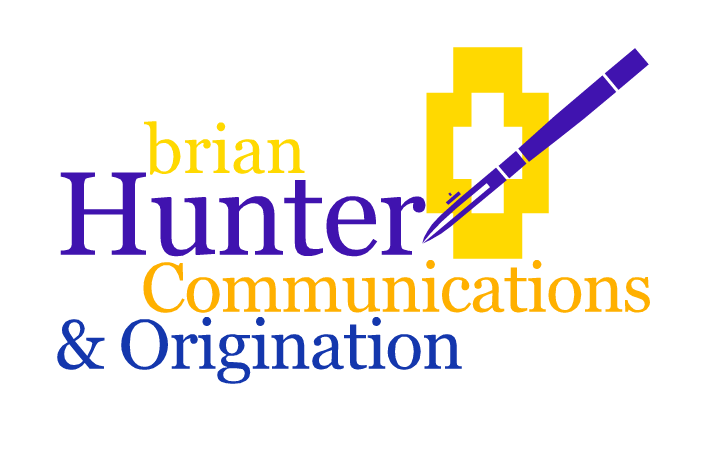February 5, 2013 by Jae Author
http://jaefiction.wordpress.com/2013/02/05/what-does-editing-cost/
For most writers, the costs of editing matter when they’re looking for an editor. So what’s a reasonable price for having your manuscript edited?
The Editorial Freelancers Association (EFA) publishes a chart of common editorial rates. The following list will also give you an idea of what editors usually charge. Keep in mind that rates vary greatly, though.
By the way, the industry standard for a manuscript page is 250 words.
Copy editing:
- $30-50 per hour. According to the Writer’s Market, the average is $35. Experienced copy editors might be able to edit about 10 pages per hour, which would mean they make $0.014 per word if they charge an hourly rate of $35. That makes $1,120 for an 80,000-word manuscript. According to the EFA, basic copyediting for an average-length manuscript would cost $960-2,560.
- Many copy editors ask for $0.02 (2 cents) per word. That would mean between $1.600 for an average 80,000-word manuscript. I’ve seen some editors who copyedit for $0.005 (half cent)/word ($400 for an average manuscript).
- According to the Writer’s Market, the average per-page rate is $4 (=$1.280 for an 80,000-word manuscript).
Line editing:
- $40-60 per hour. Depending on the hourly rate and how long it takes to edit the manuscript, that would make $2,400-19,200 for an 80,000-word manuscript.
- Some editors ask for around $0.02 to $0.03 per word (which would mean $1,600-2,400 for an 80,000-word manuscript).
Content editing:
- $45-55 per hour. According to the Writer’s Market, the average is around $50.
- Most editors ask for around $0.02 to 0.075 per word (which would mean $1,600-6,000 for an 80,000-word manuscript).
- According to the Writer’s Market, the average per-page rate is $7.50 (=$2,400 for an average-length manuscript).
For most writers, that’s a lot of money. Can you get editing for cheaper? Probably. But you usually get what you pay for.
Let’s say an editor can line and substantive edit five pages an hour. That means an 80,000-word manuscript would take her about 60 hours. If the author pays her … let’s say $500, she’ll make about $8 an hour, barely above the minimum wage. Someone who wants to make her living editing can’t afford to work at these rates. So that might mean the editor is forced to work faster and be less thorough, or you will need to hire someone who is just starting out as an editor and charges less. Of course you could also limit yourself to just copy editing, but that won’t help you if your plot doesn’t work or you need help with point of view issues.
What you can actually do to reduce your editing costs is to deliver a manuscript that is as clean as possible. Trim the “fat,” the unnecessary words and fillers, and catch all the grammar and spelling mistakes you can before you send the manuscript to the editor.
Of course, the costs of editing depend not just on the editor, but on various other factors too:
- Type of editing: For example, copy editing to correct spelling and grammar mistakes costs less than a substantive edit. See my previous post for an explanation of the types of editing.
- Quality of writing: The more work the editor has to do to make the manuscript presentable, the more the editing will cost. Skilled writers with relatively clean manuscripts pay less. So normally, editors will want to see your manuscript or at least a sample before they can determine the costs of editing.
- Length: Novels cost more than short stories or novellas, of course. But some editors work on sliding scales, so you’ll pay less per word for a longer manuscript than for a short story.
- Editor’s experience: If you hire an inexperienced editor who’s just starting out, you’ll probably save money, but (depending on the editor) you might sacrifice quality.
- Deadline: If the editor needs to work on a tight deadline, you’ll probably pay more for editing (most editors charge 25% more for rush jobs).
- Number of read-throughs: If you want the editor to go through the manuscript more than once, you’ll probably pay more. Still, it could be worth the money because often times mistakes get overlooked on the first read-through or the edits introduce new errors.
As you saw above, there are different methods to calculate editing fees. Some editors prefer to charge by the hour. Others offer a flat rate that depends on word count, regardless of how many hours will go into editing the manuscript.
Advantage of a flat rate:
- Both the writer and the editor know beforehand how much the editing will cost. With an hourly rate, the total costs won’t be determined until the editing is finished.
- Some writers fear the editor will drag out the editing to have more billable hours.
Disadvantage of a flat rate:
- Sometimes it can be difficult to estimate how much work is involved in editing a manuscript before you actually start working on it. If the editor underestimates the extent of the job, she ends up working for a very low hourly rate.
